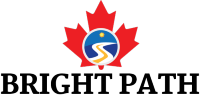International students will have to meet the costs of studies and living in Canada. Citizenship and Immigration Canada (CIC) requires some proof that you have sufficient money and funds available.
A student needs around C$20,000 and C$30,000 depending on the course/city to cover his tuition. Apart from this, the cost of food, living, and other living expenses will be around C$10,000. This is quite affordable if you compare it to another popular study abroad destinations.
Most Expensive Cities in Canada:
The topmost expensive cities in Canada are:
Vancouver, British Columbia
Toronto, Ontario
Montreal, Quebec
Calgary, Alberta
Ottawa, Ontario
Cheapest Course to Study in Canada?
Canada provides affordable education in both undergraduate as well as postgraduate courses.
University of Guelph
Université de Saint-Boniface
Canadian Mennonite University
Memorial University of Newfoundland
Brandon University
Top Universities in Canada:
| University of Toronto | Western University |
| McGill University | Universite de Montreal |
| University of British Columbia | Queen’s University |
| McMaster University | University of Alberta |
| University of Waterloo | University of Calgary |
Top Colleges in Canada:
| Humber College | Vanier College |
| Seneca College | Selkirk College |
| Southern Alberta Technology Center | College of New Caledonia |
| George Brown College | Fanshawe College |
| Bow Valley College | Bow Valley College |
| Centennial College | The Algonquin College |
| Nova Scotia Community College |
Requirements For Studying in Canada:
A student must have completed 12th grade in India to be eligible for admission to a three or four-year Bachelor’s degree program in Canada. There are no centralized Canada-wide entrance tests, each institute sets its admission standards and assesses the qualifications of each applicant individually.
The main factors that the admissions committee focuses on are past academic performance and proficiency in English.
In case you want to pursue a specialized course such as engineering you may be required to have taken related subjects in your 12th grade.
Depending on whether you want to study a Masters’s program or a Postgraduate Diploma, the entry requirements can vary. 16 years of education is a must for Masters, and for both the courses IELTS results are very important.
Leap Scholar guides students wishing to pursue any course in Canada to pick the right university/college suited to their profile and needs. Depending on whether you want to study a Bachelors’s program, a Masters’s program, or a Diploma, the entry requirements can vary.
English Language Requirements:
To get an admit to a university/college, and also for the student visa, it is compulsory to give an English language proficiency test such as IELTS or TOEFL, or DuoLingo. However, due to the Covid-19 pandemic, several Canadian universities and colleges have made an exception – they are giving conditional admission offers based on the Duolingo test.
This is an online English test, it only costs $49 and you get the results within 2 days. LeapScholar can help you with which universities are accepting Duolingo tests, and guide you with applying for these courses.
After Graduation – Pathways to Permanent Residency:
After spending a few years studying in Canada, many international students decide that they want to move to Canada permanently. Thanks to Canada’s pro-immigration policies, there are many pathways for international students to attain Permanent Residency (PR).
Students who have completed a one-year Postgraduate Diploma in Canada, are eligible for a Post-Graduation Work Permit (PGWP) of one year. They can also enroll for the second year of Postgraduate Diploma, which offers them the additional duration of the permit.
Students who have completed a two-year program are eligible for a 3-year Post-Graduation Work Permit. Likewise, students who have completed any course of a duration of more than 2 years are also eligible for a 3-year Post-Graduation Work Permit.




